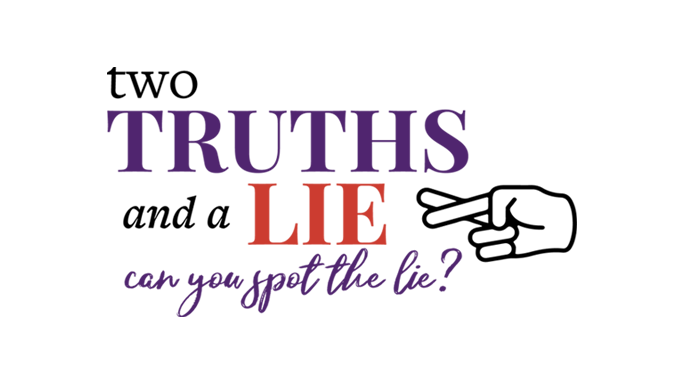How much do you know about the role of the federal judiciary? Let’s play “Two Truths and a Lie” and find out.
Can you identify which of the following statements about the federal courts is NOT true?
A. The role of a federal judge is to interpret and apply the law as written, not to create new social and political rights.
B. “Originalism” is an interpretive method that helps judges put aside their personal policy preferences when applying the law.
C. Any time a court strikes down a democratically enacted law, it is engaging in inappropriate “judicial activism.”
Let’s take these statements one at a time:
A. TRUTH! Federal judges are not political actors. They are appointed for life in order to insulate them from political winds and social pressures. A judge must not bend or alter the law, even when he or she is personally troubled by its application. As Alexander Hamilton wrote: “It can be of no weight to say that the courts, on the pretense of a repugnancy, may substitute their own pleasure to the constitutional intentions of the legislature.” (Federalist 78) The Constitution vests the elected branches of government with the authority to change federal law as needed, and the Constitution can be altered only through the amendment process outlined in Article V. Federal judges, therefore, must act with restraint and apply the law as written. When judges instead substitute their personal views for the law, we lose the fundamental right to govern ourselves.
B. TRUTH! Originalism refers to a method of interpretation whereby judges construe the words of the Constitution according to the common understanding at the time it was adopted. Originalism helps prevent judges from substituting their own personal preferences for those enshrined in the Constitution. By tethering judicial decision-making to the intent of the Framers, originalism provides a neutral interpretive device that keeps judges in their constitutionally prescribed lanes.
C. LIE! A judge may strike down a democratically enacted law if it conflicts with the Constitution. This power of “judicial review” is not the same thing as “judicial activism,” which occurs when a judge substitutes his or her own preferences for the will of the people. When a judge strikes down a law as unconstitutional, the judge is merely reminding the legislature that it too is bound by the Constitution, which the people of the United States themselves enacted. Thus, far from being anti-democratic, judicial review protects the principle that the democratically enacted Constitution is the supreme law of the land.
Bottom line: When you hear politicians say they want to appoint judges who are committed to certain outcomes or who support a certain issue, remember that it is not the role of the federal courts to set social policy. That function resides with the democratically elected federal and state legislatures.

